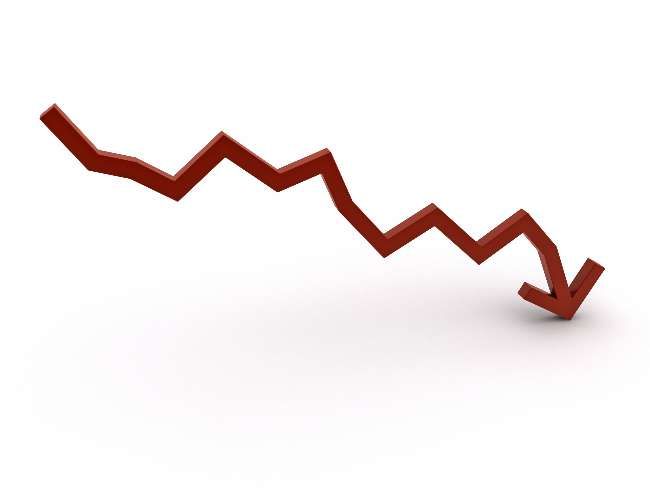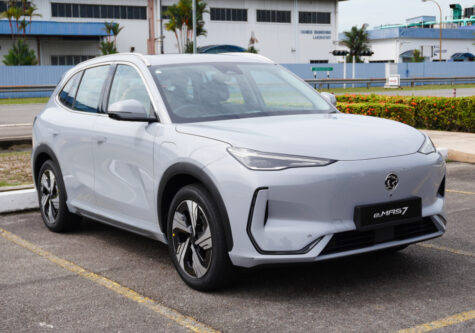Malaysia : The Curious Case of Sales Drop – A 2015 Classic

Kuala Lumpur: The Malaysian Automotive Market is collapsing, as monthly sales figures are continuously following a sharp fall. What caused one of the world's freshest and most steadily growing markets to plummet suddenly?
GST TaxOne of the biggest factors playing role in this sudden drop is the GST tax, that was introduced on April 1 2015. Though the Malaysian government had earlier scheduled to introduce this new tax in the third quarter of 2011, but the implementation was delayed due to mixed opinions about its consequences. The GST, which is an acronym for Goods and Services Tax, is a value added tax that has replaced the traditional sales and service taxation system which was earlier used in the country. It is an attempt by the government to seek additional revenue in order to compensate for the current budget deficit. Officials further claim that the GST Tax would enhance the capability, effectiveness, and transparency of Malaysia's tax administration and management system.
Before GST came into existence, all new cars were subjected to a 10% sales tax, which was paid only once at the manufacturer or importer level. But after the April 1 GST implementation, all new cars face a 6% tax. But this reduced tax rate is applicable on each stage of the business transaction, through manufacturing, distribution, retail, and customer. Therefore, GST tax is imposed each time the car changes hands down the supply chain, but an input tax can be claimed at each stage, except on the customer level, therefore the customer pays the full GST rate in the end. These unrealistic taxes have striked an alarming situation in Malaysian automobile industry, discouraging potential customers and keeping them miles away from showrooms.
Oil Subsidy CancellationAnother important reason behind the deteriorating sales figures is another government decision taken back in December 2014. As a reform measure to save billions of dollars and reduce its fiscal deficit, Malaysian government scrapped the decades-old petrol and diesel subsidies. This resulted in an unprecedented increase in fuel prices, which increased the cost of owning a vehicle. According to experts, rising fuel prices discouraged 10% of the potential customers, while many more were forced to decrease their buying budget in order to accommodate the running costs.
A combination of these factors resulted in a 22% fall in the April sales figures, as compared to the preceding month. Though the Malaysian economy recorded the fastest pace in 2014, the automobile market plummeted, showing the potential effects that GST will have on the market. The fall continued in May as well, when the sales figures showed a 9% decline, as compared to the sales number recorded in May 2014. As a result, perspectives for 2015 sakes chart remain uncertain, as experts confirm that the immediate market drop after the introduction of GST will likely continue in the upcoming months.
Though the market is yet to showcase its final yearly outcome, the above mentioned two factors are bound to limit sales, and upset the continuous growth that the Malaysian Automotive Market was enjoying throughout the past decade.
Sell your car at the best price
 Verified and genuine buyers
Verified and genuine buyers
Trending & Fresh Updates
- Latest
- Popular
You might also be interested in
- News
- Featured Stories
Featured Cars
- Latest
- Upcoming
- Popular
Latest Car Videos on Zigwheels




















































